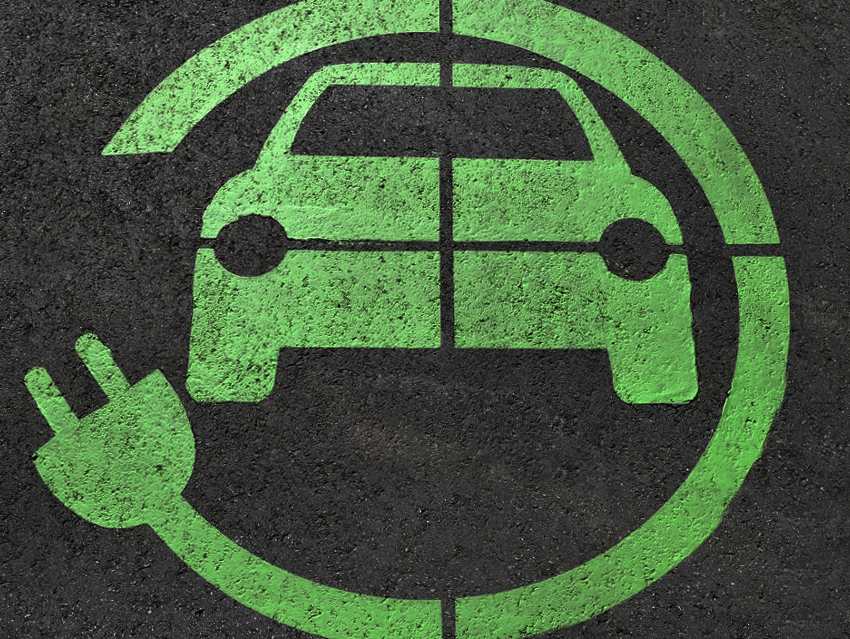Disadvantages of electric cars include their short range and long recharging times. The lithium-ion batteries can only withstand limited charging power. If this is exceeded, lithium deposits form on the graphite anode, which severely impair the function of the battery. However, this makes fast charging impossible.
Xiao-Guang Yang and colleagues, Pennsylvania State University, USA, have found that an asymmetric modulation of temperature prevents lithium build-up even at high charging rates. If the lithium-ion batteries are heated quickly and briefly to around 60 °C during charging, even at 400 kW of charging power, lithium does not deposit on the surface of the anode. This allows to fill up enough electricity in ten minutes to travel 320 to 480 km in the car.
To shorten the time for heating the battery, the researchers installed a heater in the battery. They embedded a thin nickel foil in the battery cell. One end of the foil is soldered to the anode, the other end protrudes from the cell and forms a third pole – the activation pole (ACT). When fast charging begins, the ACT pole is short-circuited to the positive pole of the battery and the current flows almost exclusively through the nickel foil. Within a few seconds, the nickel foil heats up and heats the battery to 60 °C in less than a minute. If the battery is hot enough, the nickel circuit is disconnected, and the charging current is used to charge the battery. According to the researchers, as a result of this hot charging, the battery itself can withstand 400 kW without forming lithium deposits.
Once charging is complete, the battery quickly cools down to room temperature and remains cool even when discharged. This prevents the electrolyte from changing its structure.
Initial tests showed that a common battery for plug-in hybrid cars with 9.5 Åh and an energy density of 170 Wh/kg could be charged up to 80 % in ten minutes. After 1,700 charging cycles, it had lost only 20 % of its capacity. According to the researchers, an electric car battery with 209 Wh/kg retained as much as 91.7 % of its capacity after 2,500 rapid charging cycles.
- Asymmetric Temperature Modulation for Extreme Fast Charging of Lithium-Ion Batteries,
Xiao-Guang Yang, Teng Liu, Yue Gao, Shanhai Ge, Yongjun Leng, Donghai Wang, Chao-Yang Wang,
Joule 2019.
https://doi.org10.1016/j.joule.2019.09.021




